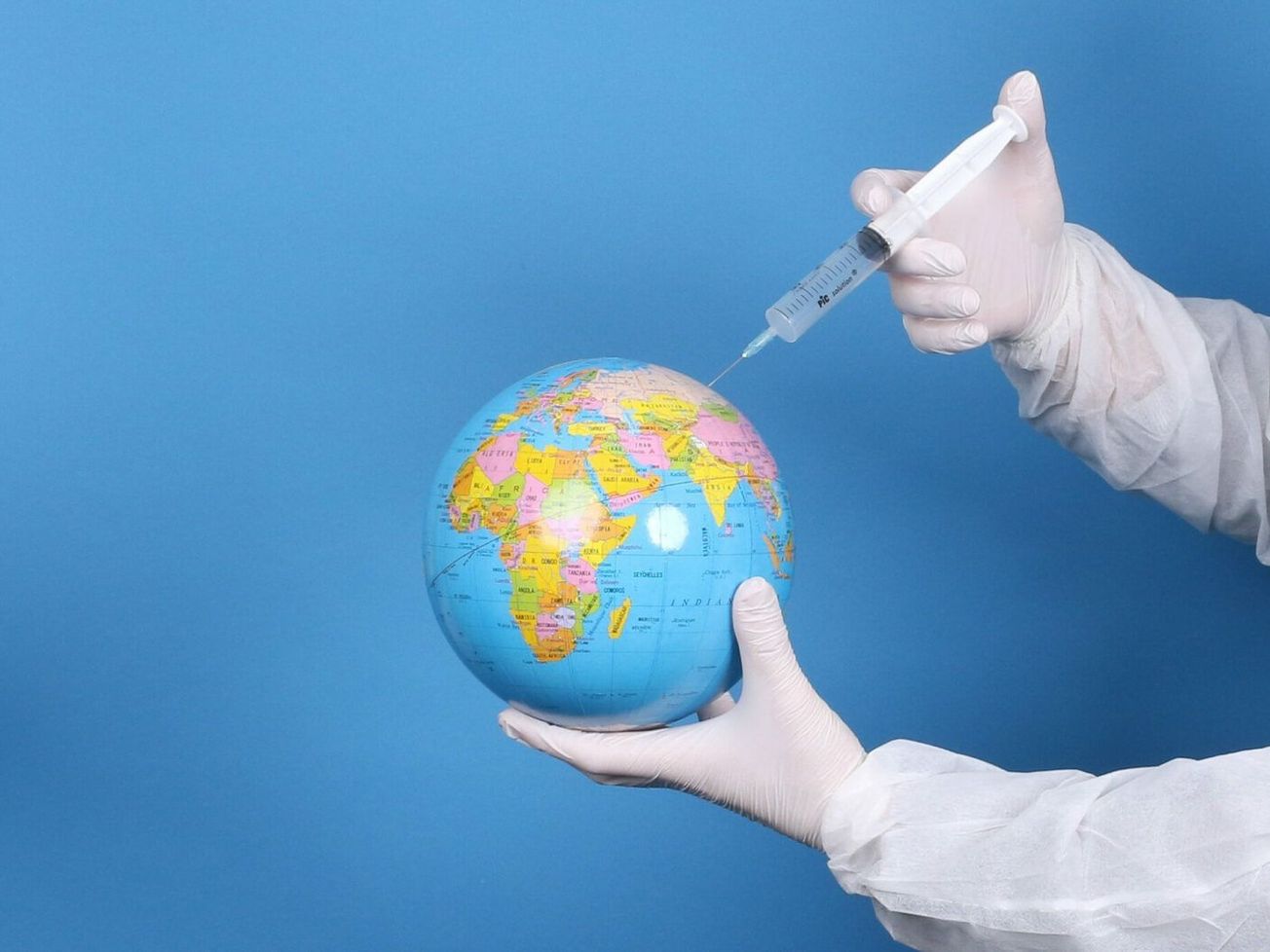GENEVA (AN) — Nations must pull together and stop competing over access to a potential COVID-19 vaccine if they want to beat the pandemic, World Health Organization Director-General Tedros Adhanom Ghebreyesus said on Tuesday.
Tedros called a virtual news briefing to denounce what he calls "vaccine nationalism" — a race among major powers to be the first to develop and distribute a coronavirus vaccine. He urged all nations to join the COVAX Facility, a multilateral effort to accelerate the development and production of COVID-19 vaccines and to guarantee all nations will have fair and equitable access.








